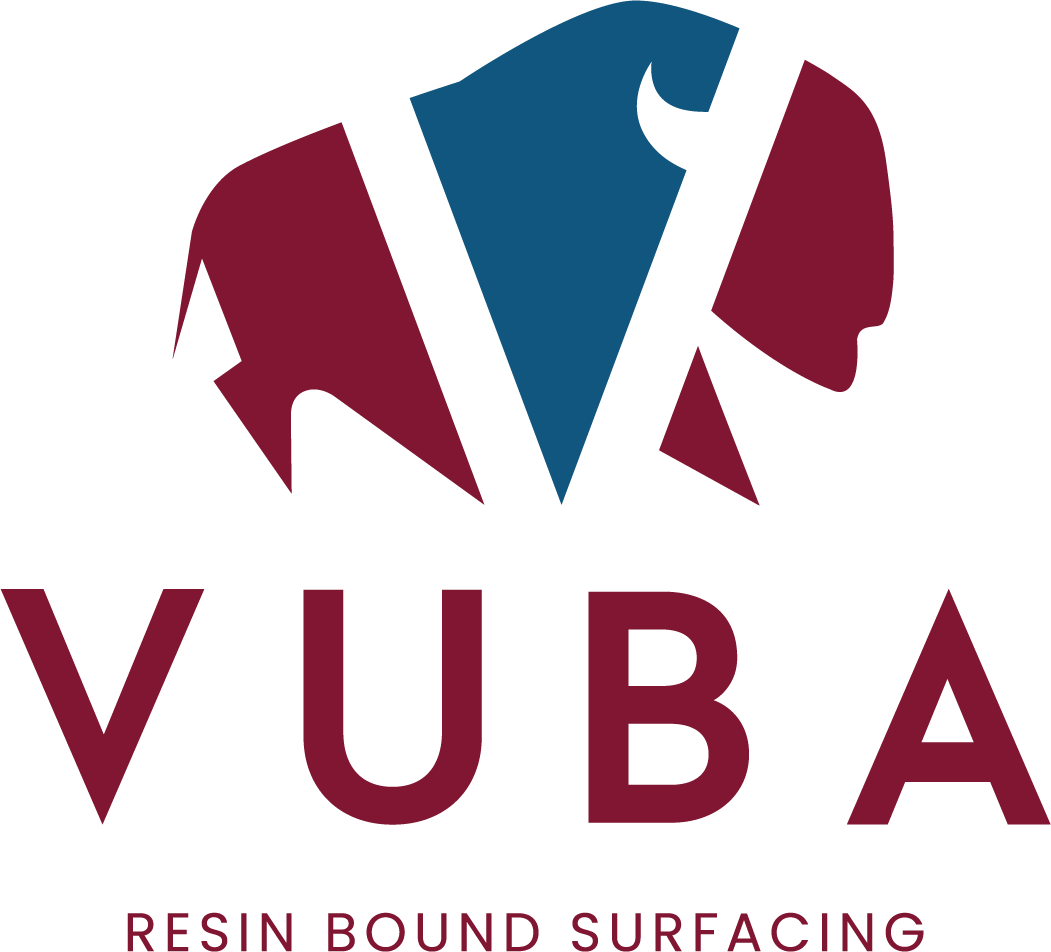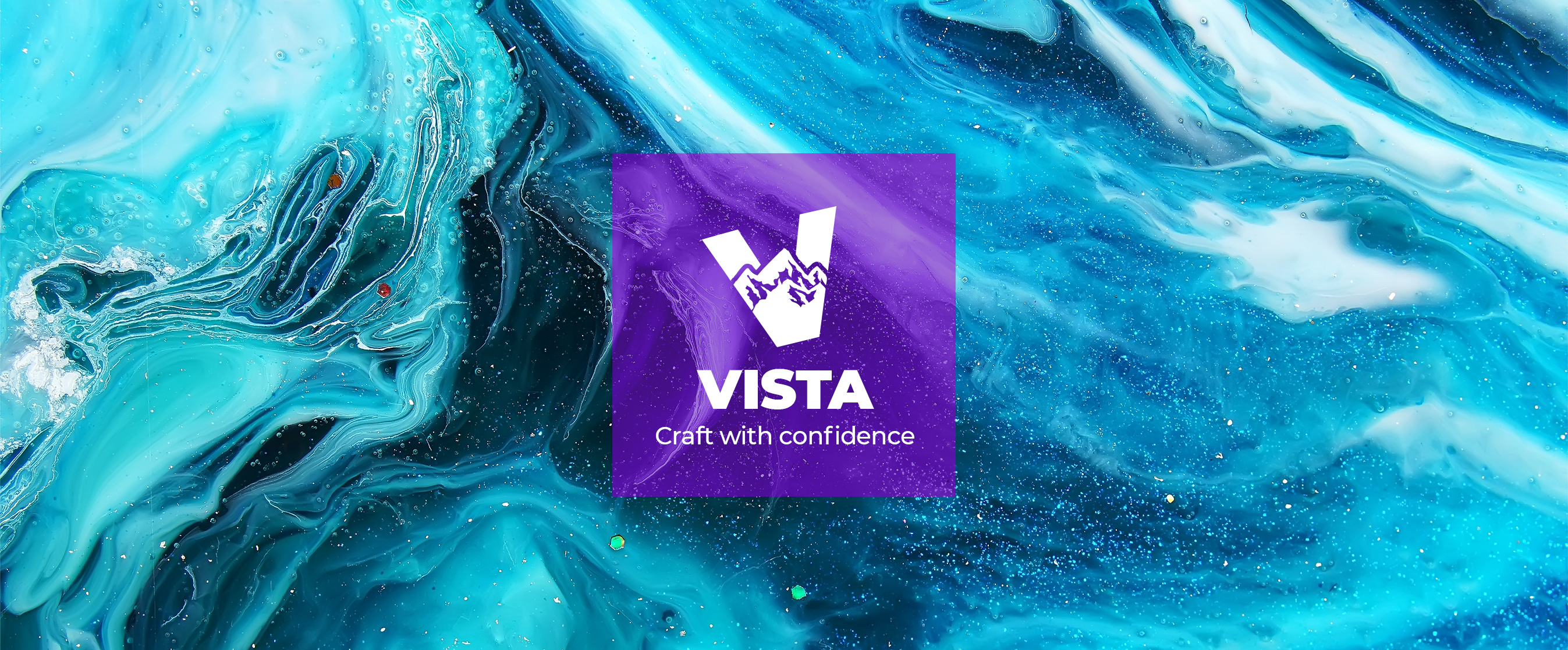Epoxy, Polyurethane or Polyester Casting Resins?
2:1 Epoxy Resins are by far the most popular resins for arts and crafters. Buy why? And which others are available? Firstly, let's have a look at what casting resins are available.
> 2:1 Epoxy Casting Resins
> Polyester Casting Resins
> Polyurethane Casting Resins
> 1:1 Epoxy Casting Resins
With such a range available, each type of casting has their own merits and downsides. We'll take a look at each type below!
Polyester resins consist of a resin and a small amount of catalyst. The main downside of polyester resins is the miniscule 2% catalyst addition. This is added to cure the resin, and the small percentage can often prove difficult for users to get right. Polyesters also have a strong odour. On the other side, these resins are quite cheap, and for that reason are used by some.
Polyurethane Resins have the best UV stability of all casting resins. However, with reduced clarity, vastly reduced pot life and other workability issues it is rarely used by resin crafters and typically reserved for special projects.
Which brings us to the close relation of the 2:1 Epoxy Resin, and that is 1:1 Epoxy Resin. These resins are popular mainly because of their easy to remember mixing ratio! This type of epoxy resin is 30-50% more expensive than their 2:1 relatives, and usually exhibit reduced Hardness, Chemical Resistance and Heat Resistance.
So that brings us on to 2:1 Epoxy Casting Resin! With the latest Hindered Amine Light Stabilisers and Optical Brighteners, Epoxy Resins now have good UV resistance – much improved on early versions of epoxy casting resin in years gone by. But be careful, all Vuba epoxy resins contain these UV inhibiting additives but not all epoxies on the market do!
2:1 Epoxy resins are a mid range price, and much cheaper than their closest competitor - the 1:1 Epoxy Resins. 2:1 epoxies also have an excellent pot life and workability – great for art projects. And have improved physical properties – Shore D Hardness, Heat Resistance and Chemical Resistance all usually performing better than 1:1 epoxy resins.
Why can't you just make a 2:1 epoxy resin a 1:1 epoxy? Well, that is all down to stoichiometry! You can see our range of 2:1 epoxy resins, here. Will we one day branch out into other casting resins? We already produce a huge amount of polyurethane resins for resin bound driveways, so that is a possibility. And to create a 1:1 epoxy only requires a slight modifications to the products we currently offer. Polyesters is very unlikely.
We believe that 2:1 epoxy resins are the best for arts and crafts, and for now our R&D work is focused on improved heat resistance, food contact migration certification and an option for the world's first anti-microbial epoxy casting resin. And we'll keep you up to date with our progress!
Thank you for reading!
Sean Scott
Managing Director
Vuba Chemical Innovations Limited







